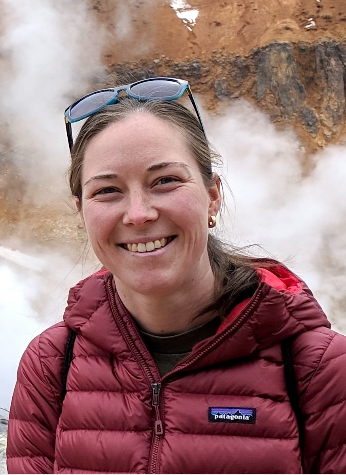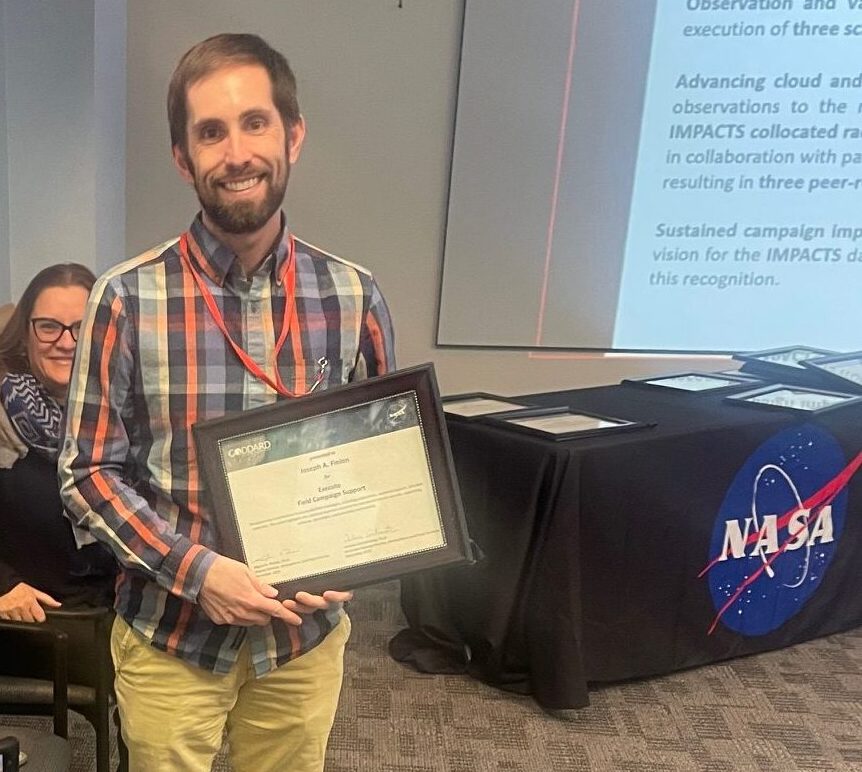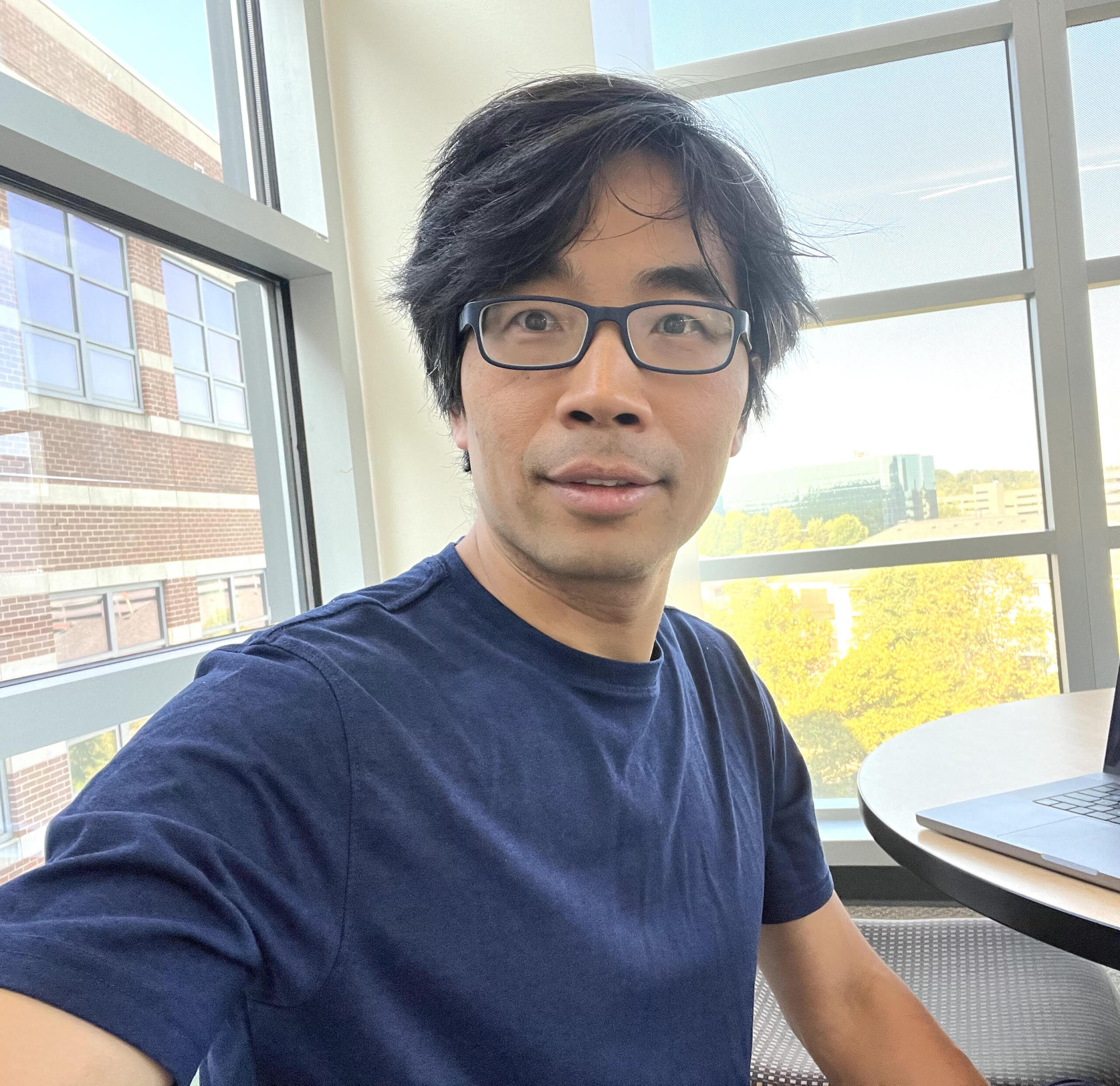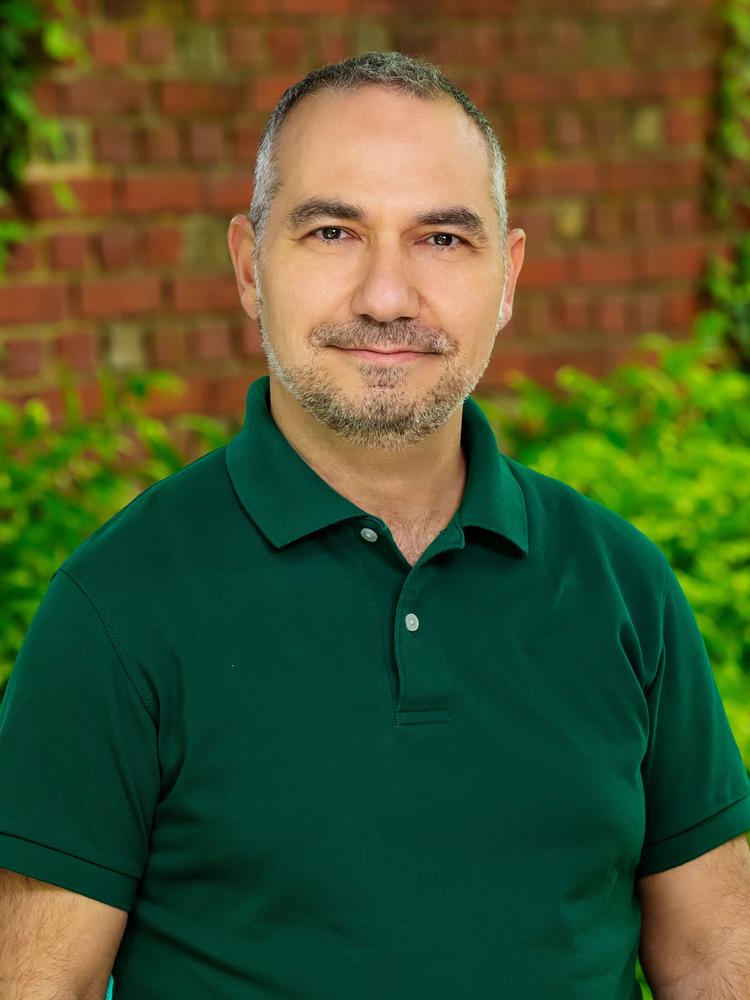
CISESS sponsored two early career scientists, Drs. Malar Arulraj and Daile Zhang, to attend the 2022 Cooperative Research Program (CoRP) Science Symposium, which was held in person on July 25th to 27th at the Cooperative Institute for Research in the Atmosphere (CIRA) of Colorado State University located in Fort Collins, CO.
The Symposium focused on multi-disciplinary research and brought together members from NOAA and the academic community to discuss the latest developments in satellite remote sensing research and applications. The Symposium was a great opportunity for students and early career scientists to network with their peers from other Cooperative Institutes and NOAA. In addition to providing an opportunity to present their most recent research, the Symposium included several career development and support sessions, including mentor panel discussions, small group social events, and a workshop to develop a support network. The attendees also had the opportunity to visit the CSU Drone Center and get hands-on experience flying a drone.
Zhang and Arulraj delivered oral presentations in the “Student and Young Scientist Presentations” session. Zhang presented work-in-progress of her CISESS Seeds Grant on “Developing & Deploying Tools to Better Observe Lightning in the Washington D.C. Region & Beyond.” Her work focuses on building a Raspberry Pi camera network to enhance the capability of existing lightning observation networks of GLM and other ground-based measurements. She presented a video collection of thunderstorms and lightning captured by the Raspberry Pi camera network, which can also be viewed here:
Arulraj presented her research on precipitation vertical structure identification titled “Assessing the Impact of Precipitation Vertical Structure in the Satellite Precipitation Retrievals – Feature-based approach”, for which she was awarded 3rd prize in the Oral Presentation Award category.
Arulraj is a postdoctoral associate at CISESS/ESSIC. Her research focuses on precipitation remote sensing, especially understanding precipitation microphysics and improving satellite-based retrievals using machine learning and statistical methods.
Zhang’s work at ESSIC focuses on evaluating and assessing space-based lightning sensors such as the GLM. She is a part of the ESSIC/CISESS Geostationary Lightning Team, which also includes Scott Rudlosky, Guangyang Fang, and Joseph Patton.





